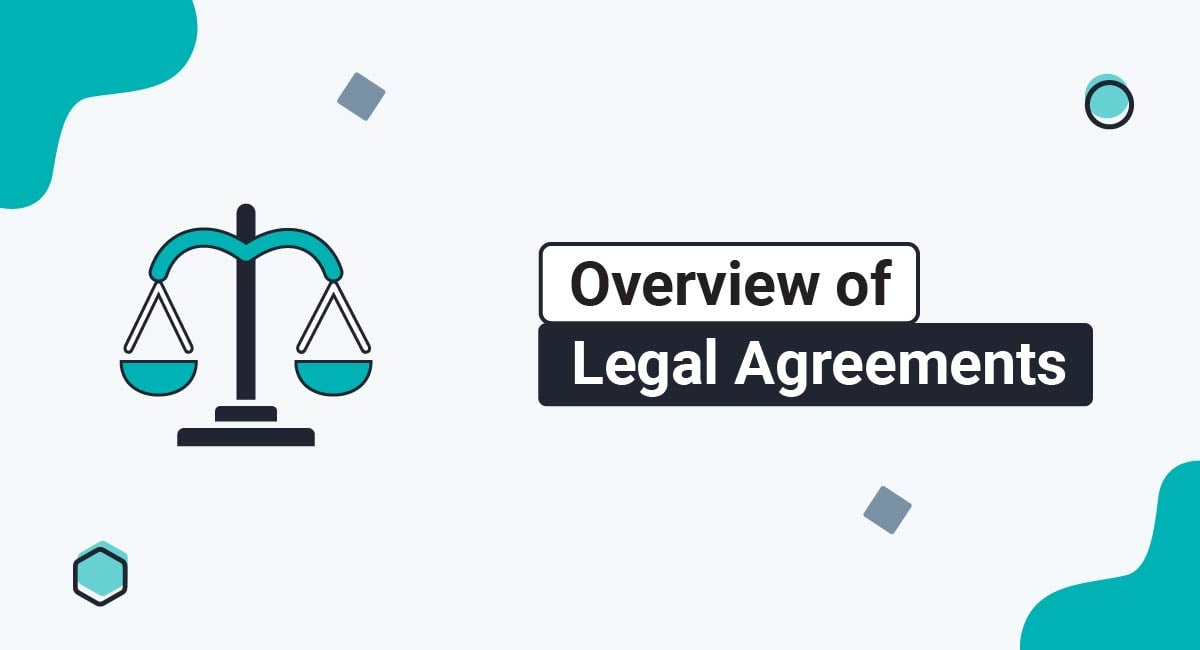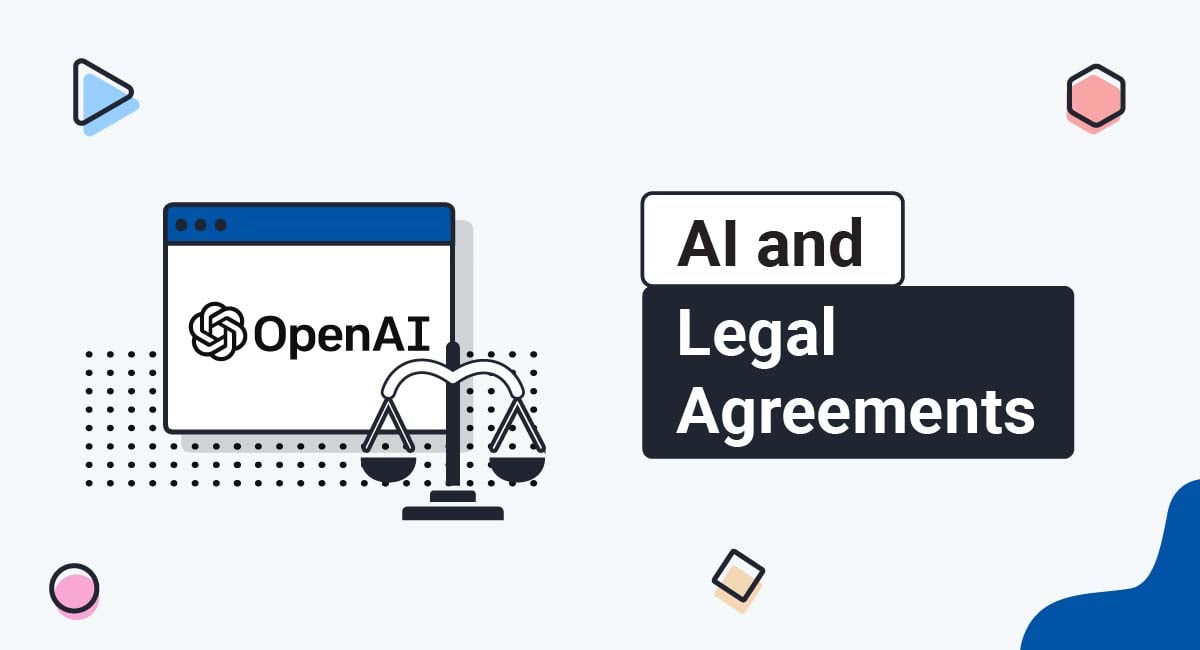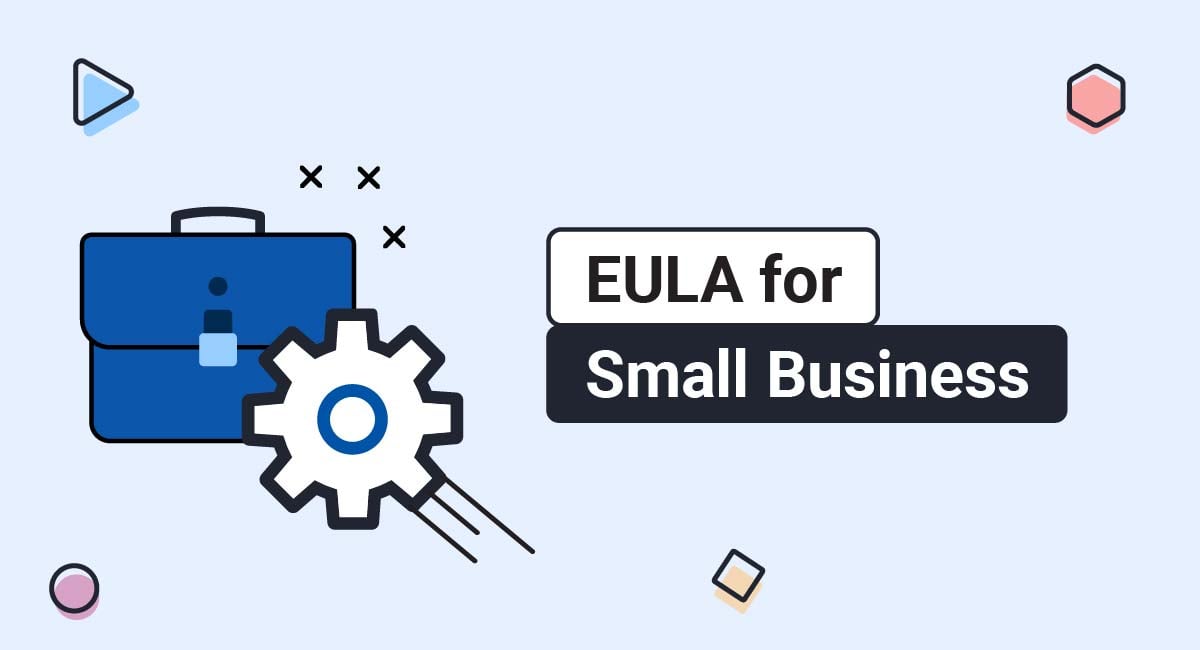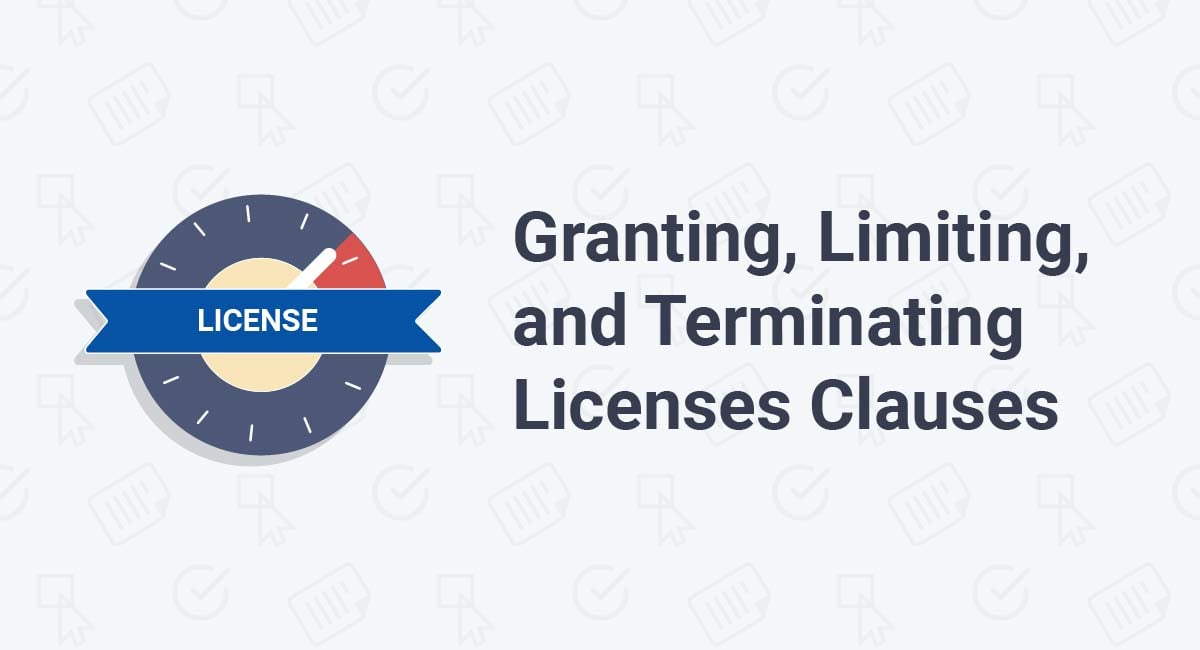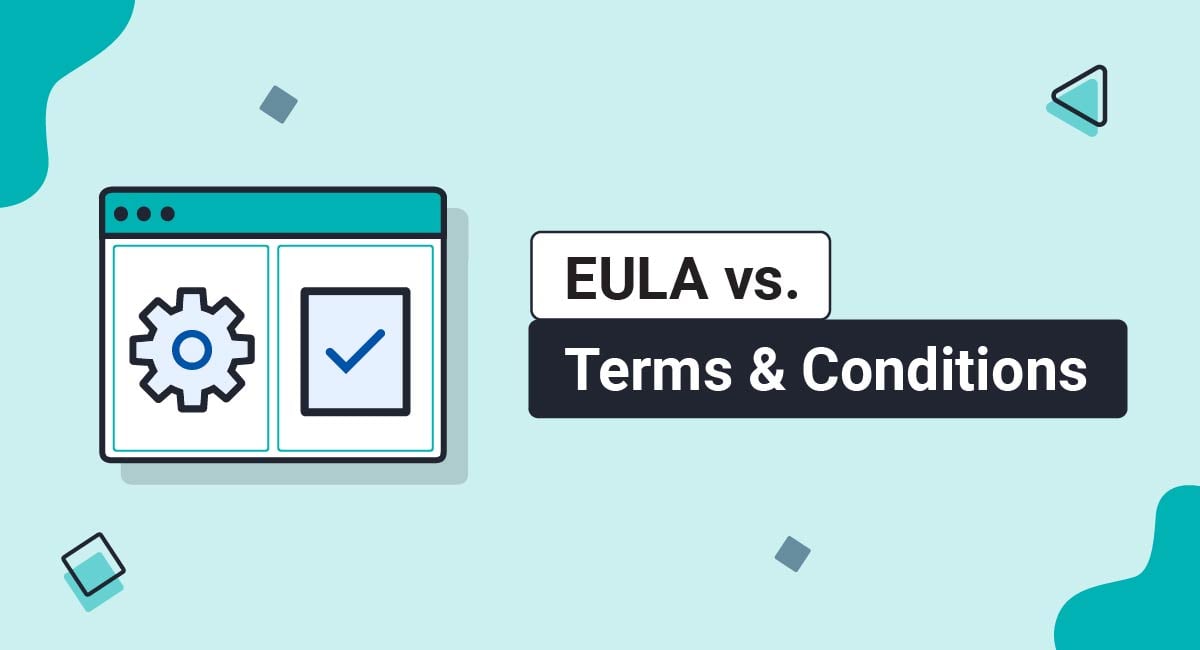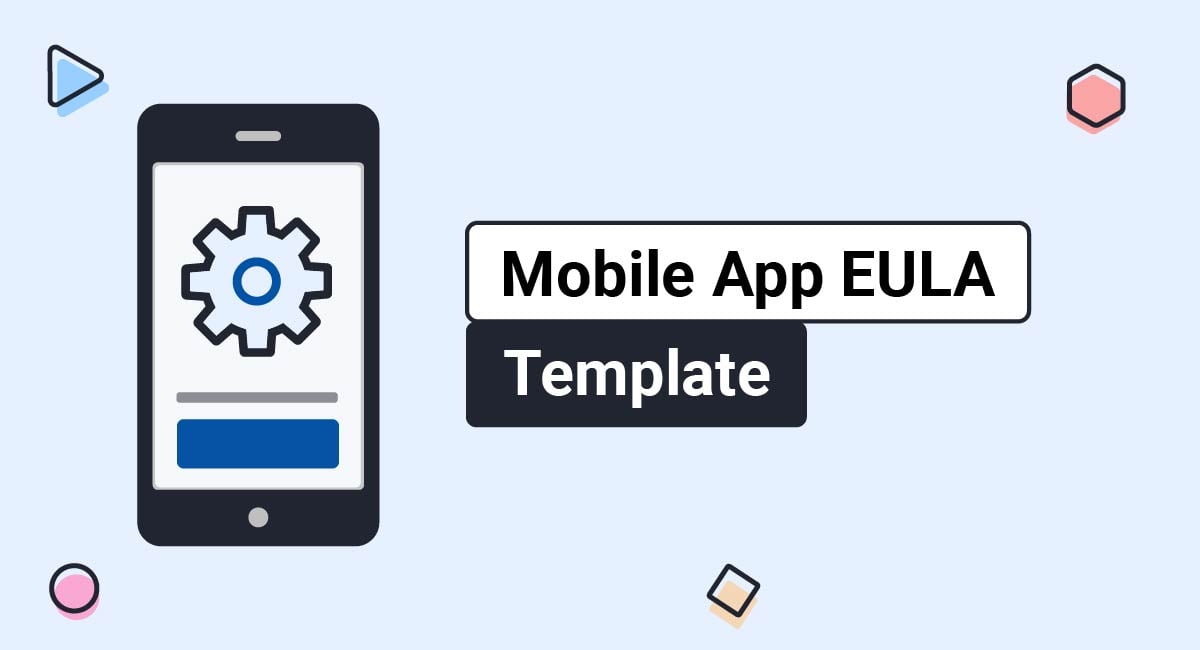EULA Generator FAQs.
Have questions about our EULA Generator before you sign up? Find the most popular questions answered below.
An EULA's main purpose is to establish ownership rights to software or a mobile app, as well as the limited rights being granted to the user via a license.
An EULA also sets forth the terms of the license, such as limits on commercial use and transferring or selling the license.
Yes, the EULA Generator from TermsFeed is free to use.
Our agreements and policies are free. We sell optional premium agreements with additional clauses (one-time fee) that can protect your business interests better.
Yes, the EULA Generator from TermsFeed allows you to download the EULA document as HTML, DOCX or Plain Text.
Use the EULA Generator from TermsFeed to create a free EULA (End-User License Agreement) for your business.
Copying someone else's EULA agreement is illegal. Under copyright laws, legal agreements (including an EULA) are protected by copyright.
An EULA is important because it helps to legally protect your rights as the distributor/owner of software or a mobile app. This is because an EULA is an enforceable legal agreement when your users agree to it, so the terms in your EULA become binding.
Another important aspect of an EULA is that it lets your users know what rights they have, what limits they have and exactly what they cannot do with their license to your software.
It is not a legal requirement to have an EULA. However, you should have one in place to protect your rights and maintain control over your software or mobile app.
The only disadvantage to having an EULA with your software or mobile app would be if you wrote it poorly or left out important clauses and sections. Make sure your EULA is complete and thorough to get the most advantages out of it.
Your EULA should include clauses that address the following topics: License Granting, Restrictions on Use, Related Agreements, Copyright Infringement, Termination of Licensing, Warranty Disclaimer, Limitation of Liability.
Each EULA will differ slightly due to differences in the nature of your business, but these are the main topics that an EULA should cover.
A Terms and Conditions agreement is an optional agreement that sets out your rules and other important terms. You'll see them far more often than EULAs, including on general websites that don't involve software or mobile app distribution.
Standard clauses you'll find in a T&C address things like governing law, restricted uses, warranty disclaimers, payment terms, contact information, the right to terminate accounts, third party rights, user-generated content and user guidelines.
An EULA is an optional agreement that lets your users know what level of license they are granted to your software or mobile app, and what they cannot do with the license.
EULAs are important for protecting your own rights and control when it comes to your software or mobile app. While a T&C also protects your rights and maintains your control, a T&C is far more broad in scope and addresses more areas of a business than EULAs do.
There really isn't a difference between an EULA and a Software License Agreements. These agreements are the same thing, just with different names. They both grant a limited license to users and contain clauses addressing restricted uses, warranties, maintenance and updates, payments, support and terminating accounts.
EULAs are legally binding if you get appropriate agreement from your users.
The most common way to do this is to present your users with your EULA at installation or download, and ask them to agree to the terms within.
You can request agreement by having your users check a box or click a button that's clearly labeled to show that by doing either action, the user is agreeing to be bound by the EULA.
If you don't get clear consent, your EULA may not hold up in court since a formal contract may not be found to be formed.
You should make your EULA available at any time to people who want to review it.
Add a link to your EULA to your business website's footer, and in your app store listing. This allows potential users to check it out before buying or downloading your product.
Include a link to it somewhere within your app, such as in a "Legal" or "About" menu. Also include your EULA at the beginning of the installation process and ask for users to consent or agree to it.







